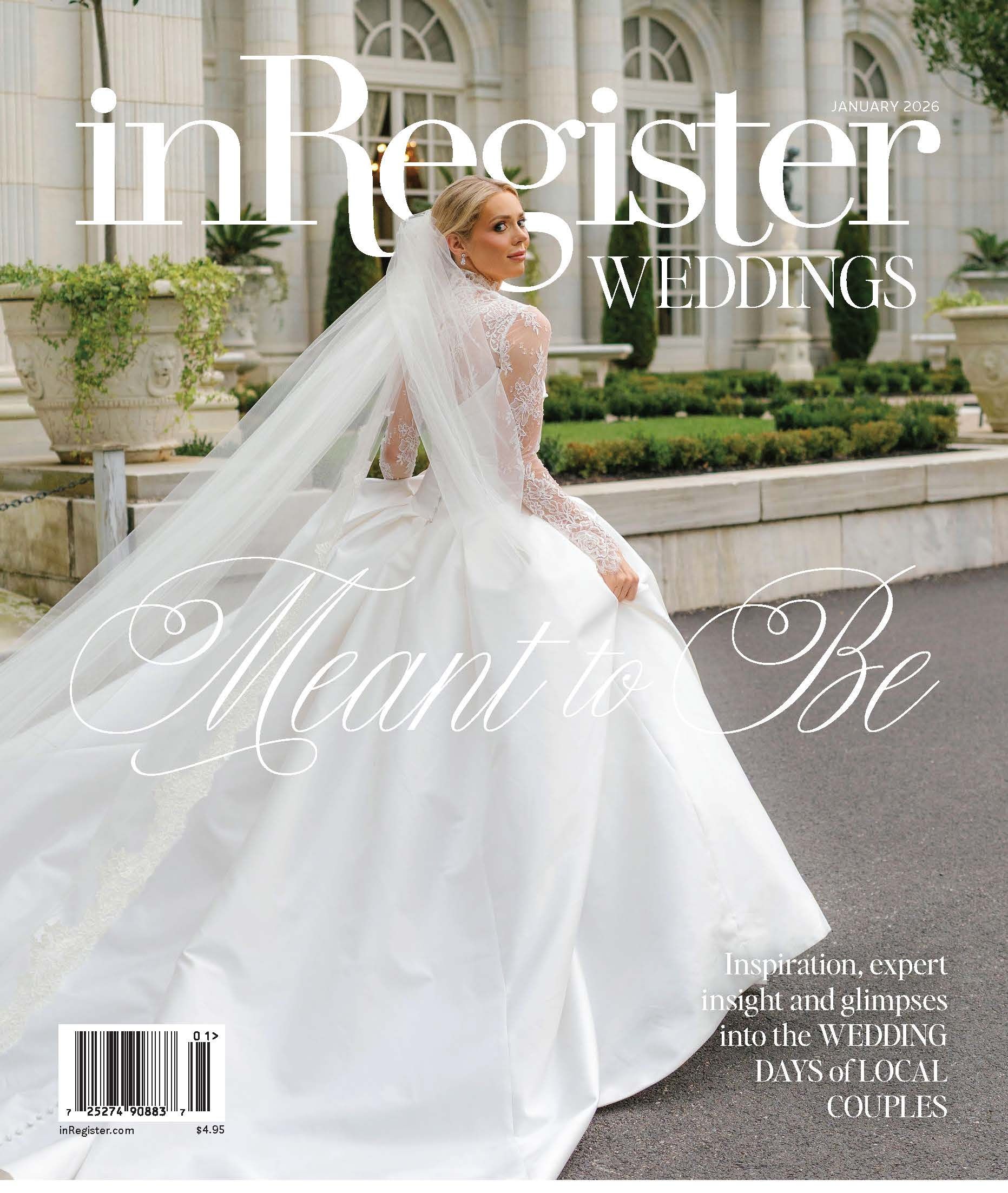As pretty does
My mother rarely told me I was pretty as a child.
This was intentional. When I became an adult, she revealed that she never fawned over my looks or my sister’s because she wanted to focus on our character instead. “After all, what if you were in a terrible car crash that disfigured your face, and you thought your one good attribute was your looks? Where would you be then?”
Instead, she complimented the way I performed in school and the way I treated others. “Ashley, I really liked the way you looked Mrs. Forbes in the eye when you thanked her.” So I grew into a confident, outgoing, happy child who never—not one time—thought she was the cutest in the class.
Let’s be clear: I was no great looker. Given my fine, thin hair and Coke bottle-thick glasses in my early years, she didn’t need to lie. Cutesy I was not. Instead, I acquired the gift of gab, a fetish for reading, a quick wit and the desire to lead.
Today, with two young daughters of my own, I consider my mother’s decision. While I don’t think anything is wrong with telling young girls that they look pretty on occasion—I certainly tell mine at times—I believe it is wise not to overdo it. Not just because of the car-wreck scenario, but because beauty is so common these days.
When I went away to college and joined a sorority, there were 15 girls in my pledge class alone who had been their high school homecoming queen. Walking across campus, I was overwhelmed by how many beautiful young females crossed my path. Competition was fierce and, for those who had been the “pretty girl” and not much else back home, the reality was jarring.
These days, beauty can be bought. Noses can be shaped, breasts augmented, hair extended and lines erased. It has become such a national obsession that parents are forgetting to spend time promoting the development of attributes less common: dignity and integrity.
I have a naturally beautiful friend who was also quite lovely as a child. People would stop her mother in the grocery store to comment on what a pretty girl she was. Her mother’s response? “Pretty is as pretty does.”
Does anyone say that anymore?
I want my children to grow up with the understanding that what they do and who they are is more important than what they look like. Sure, beauty is a true gift—and like all mothers, I think my children are adorable—but beauty fades. I don’t care what the new products or procedures promise.
What is most remarkable about my mother’s parenting decision is that she was, and still is, truly beautiful. The kind of pretty that draws attention. Yet she tried to instill in us a sense of self-respect based on character qualities instead of physical attributes.
As cliché as it sounds, she knows that true beauty comes from within.
Does this mean we let it all go? Stop coloring our hair, forgo exercise, eschew the latest fashion trends? Of course not. But for the sake of the children we are raising, we don’t let the beauty quest dominate our lives. We lead by example. We let them know that they are beautiful both inside and out by using words like “generous,” “helpful,” “smart” and “kind” to encourage them. By instilling these values, we let beauty take action.
Pretty is as pretty does.











